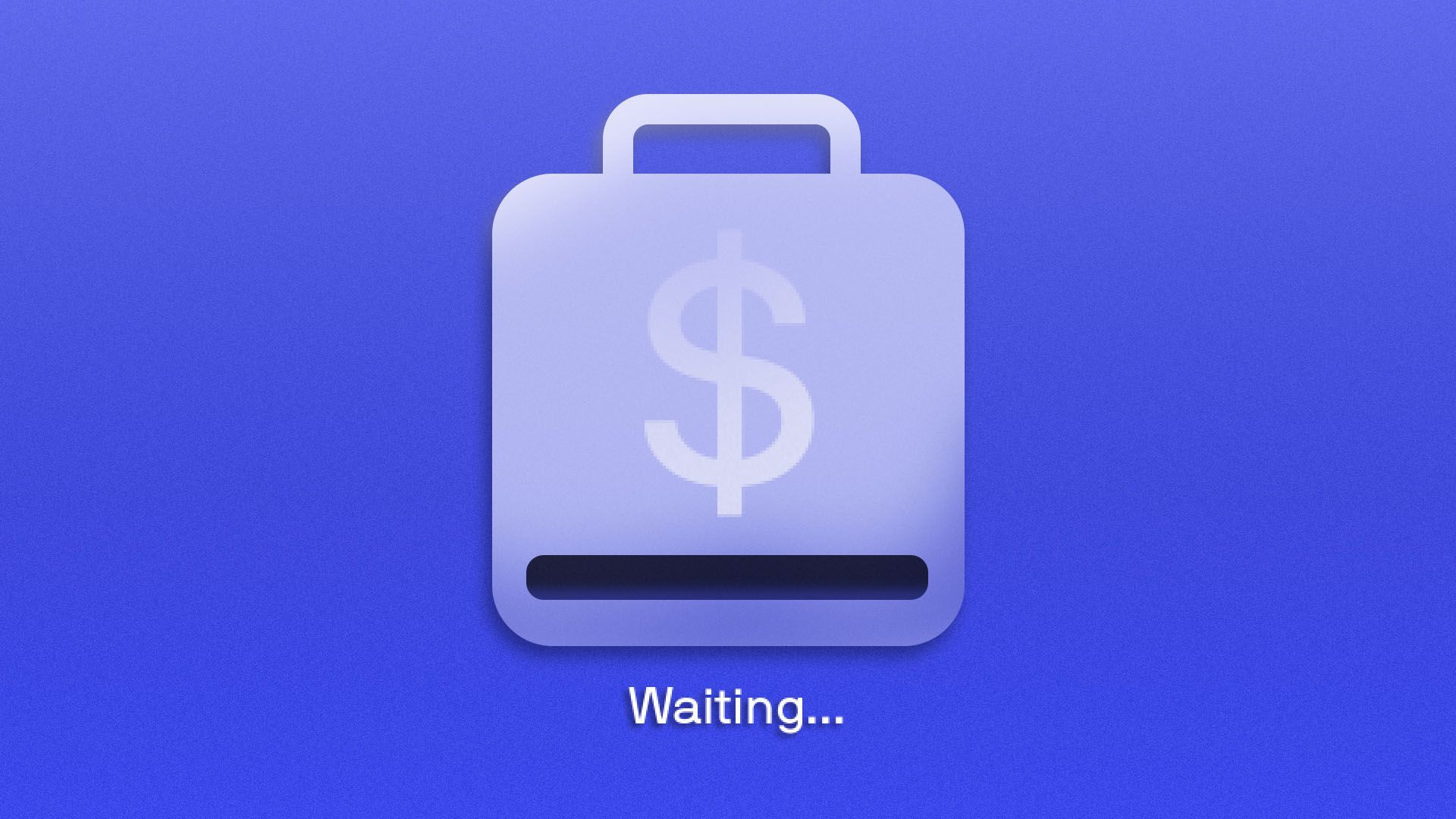SEC proposes rules for giving gig workers equity
Add Axios as your preferred source to
see more of our stories on Google.

Illustration: Sarah Grillo/Axios
The U.S. Securities and Exchange Commission has proposed rule changes that would make it possible for gig companies to give equity to their workers as part of their compensation if they meet certain requirements.
Why it matters: This is something gig companies including Uber and Airbnb have asked the SEC to do over the years as a way to share their companies' upside with these non-employees.
- Instead, both Uber and Lyft gave certain long-time drivers cash and the ability to purchase IPO shares when they went public, while Airbnb is putting 9.2 million shares into an endowment it will use to finance initiatives for hosts.
Details: The five-year pilot program would allow gig companies to issue equity as long as it's no more than 15% of a worker's compensation during a 12-month period, and no more than $75,000 in value during a 36-month period (based on the share price when it's issued).
- Individuals cannot negotiate whether they want equity or cash in exchange for their services.
- The company has to reasonably try to prevent gig workers from reselling the equity.
- These requirements also apply to public companies, except for the prohibition on stock reselling.
- Between the lines: While the document doesn't mention home-sharing hosts (like those on Airbnb), it does specify that marketplaces for the permanent sale of real estate, "as opposed to the temporary rental of real estate," would not qualify. Airbnb, which is in its pre-IPO quiet period, declined to comment.
Yes, but: Commissioners Allison Lee and Caroline Crenshaw opposed the proposal in a joint statement, arguing that the commission is making this exception for gig companies but not for other alternative workers such as freelancers, temporary help agency workers, and on-call workers despite mentioning them in its discussion of the modern work landscape.
What's next: The proposal is open to public comment for the next 60 days, after which the SEC will assess whether to move forward.
